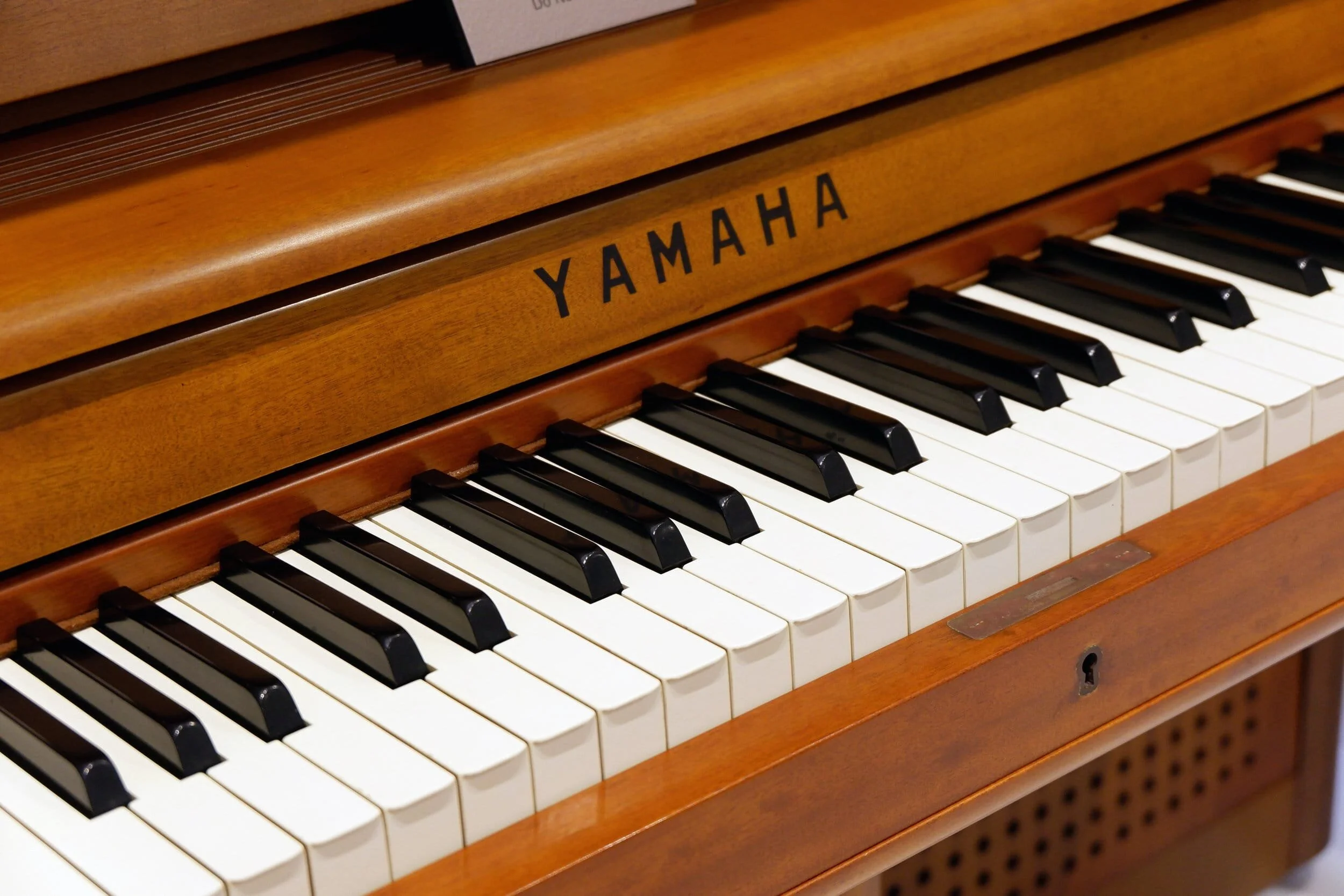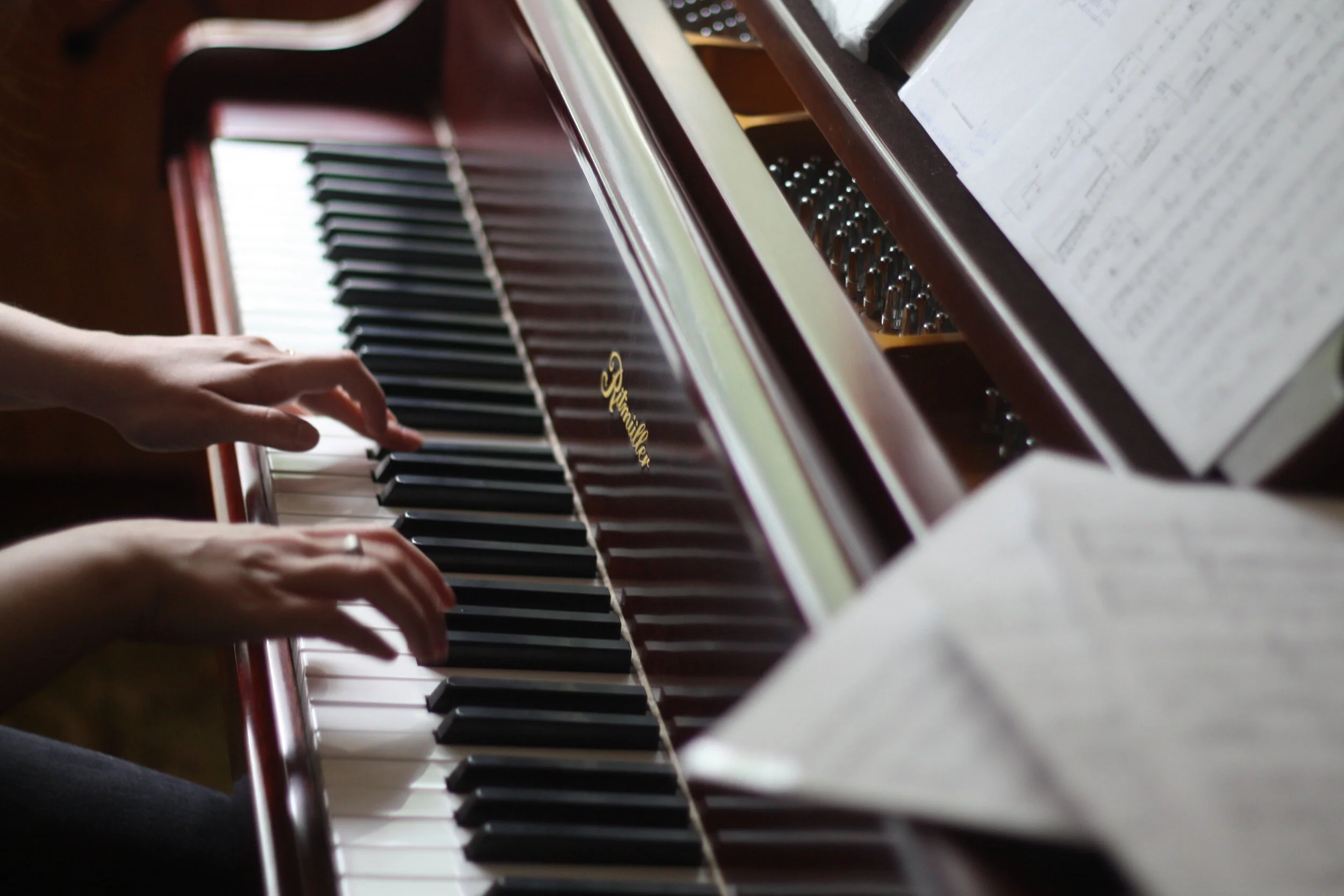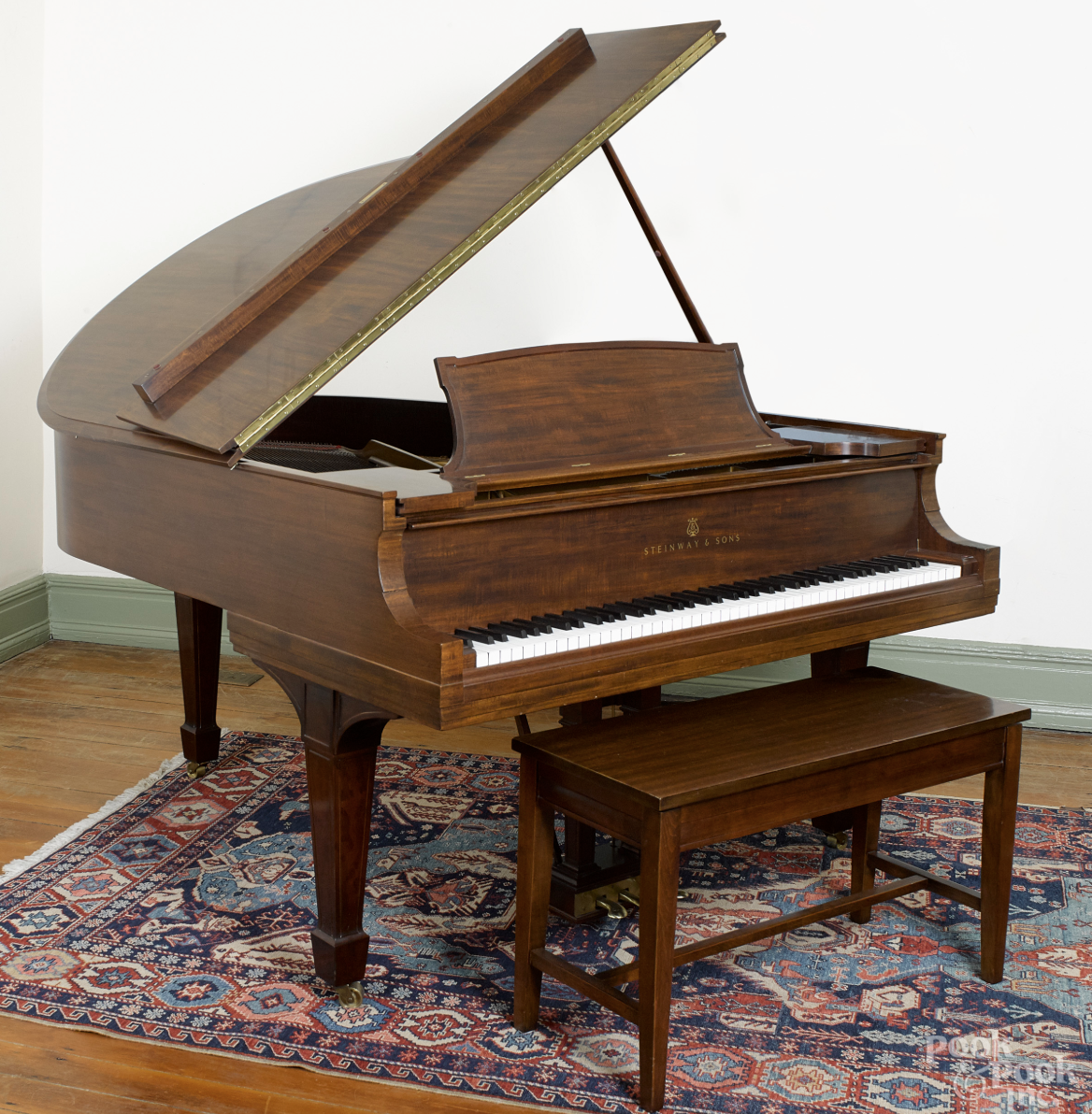The best way to sell a piano - A guide on the best practices and methods to sell your piano from an industry professional.
What is the best way to sell a used piano?
There are several ways to go about selling a piano, but in my experience some approaches yield better results than others. You may have already considered online classifieds like Craigslist, Offer Up, Facebook Marketplace or the possibility of consigning or selling to a piano store. These are all viable options, and they all have pros and cons, so we’ll go over the methods that I have found to be the most beneficial, and hopefully this will help you decide which option is best for you. I should probably also mention here that I purchase pianos both in the Seattle, Washington area as well as the entire western portion of the United States, so please consider selling your piano to me when deciding which route is best for you :)
What is your piano worth? - How to determine the value of your piano.
This is a bit of a loaded question, and there is an element of subjectivity to it, but the first thing you’ll need to establish is the price you are going to aim to sell your piano for. There are several factors that weigh in when trying to determine the resale value of a piano. The value of a specific piano model can vary dramatically depending on the condition of the piano, the finish of the piano or even the region of the country that the piano is located. There are two ways that are most helpful in getting an accurate estimate on piano value,
Consulting with a local piano dealer
Hiring a local piano tuner
With newer pianos (20 years and newer) it’s a little more straight forward to determine resale value than with vintage or antique pianos. If you have a piano that is on the newer side of the equation, call your local piano dealer and ask what they think the piano would be worth on the private market. If you approach your conversation with the store casually and politely, and let them know upfront that you are hoping to sell the piano on the private market and would like to know their opinion of private market value, they will probably give you a fairly honest and accurate answer. During this phone call you can also ask what sort of ballpark price they might be willing to purchase or consign the piano from you at. It would probably be a good idea to call a second or even a third dealer to make sure you’re getting a fairly accurate consensus.
Another helpful route in determining the value of your piano would be to have a piano tuner / technician come out to appraise the piano. This will be a service that you will need to pay for, and the going rate varies depending on the tuner you are working with, and whether you would like a verbal or written appraisal. Working with piano tuners in assigning value can be a little tricky. Sometimes tuners can be very familiar with working on pianos, but a little less familiar with retail values. Finding a tuner that works with a local dealer or sells pianos themselves might be helpful. You’ll also need to be clear when working with the tuner that you are hoping for the resale value of the piano, not just the insurance value. The insurance replacement value of the piano will likely be much higher than the actual resale value. With a typical appraisal service, you’ll also be informed of exactly what sort of mechanical condition your piano is in. If you opt for a written appraisal, this will help you substantially in justifying your asking price to prospective buyers, and it will give your buyers more confidence in purchasing your piano.
Where is the best place to sell your piano?
We went over a few options in the intro of this post, but the most common and most successful ways of selling a piano would be either to sell the piano yourself from your home or venue by advertising on an online classifieds site or by working with a local piano dealer. Both options have their unique benefits, but the option best for you will depend on where you see the most value.
Selling your piano online.
When it comes to selling your piano yourself online, you will likely net more money than you would selling with a piano dealer, but be prepared to correspond over email and phone with buyers to answer questions, show the piano in person, possibly multiple times, with multiple prospective buyers. With selling anything in an online classifieds environment, you’ll need to expect some level of haggling. In some cases you may get a buyer that is prepared to pay you the exact price you are asking for your piano with no haggling at all, but in most cases you’re likely going to receive an offer that is lower than your advertised asking price. Don’t take offence to this. It is totally normal etiquette in this process. Knowing this, you may want to strategize and maybe list the piano for a slightly higher price than what you’re actually comfortable selling the piano for. Make sure you don’t go too overboard with padding the price, or it may deter possible buyers from even contacting you. If you aren’t comfortable with the haggling scenario, you will need to put in your ad that you are "firm on the price". In my professional opinion, I'd suggest being open to reasonable offers. If you're thinking about selling your piano on ebay, I've written a buyers guide to purchasing pianos on ebay that might be worth glancing at as a refrence to what piano buyers might be looking for. Here are some other great online classified options suitable to advertize your piano sale,
There are general classified pages like,
And piano specific classifieds like,
All of these will get you at least some exposure. The ones that will get you the MOST exposure will really depend on the piano model, and the region of the country you are advertising in. If you have a highly desirable piano, just posting on Craigslist or Facebook Marketplace might do the trick. If your piano is a little older, the brand is a little more obscure, or you live in a lower population area, then advertising in ALL of the above might be a good idea. The more exposure you give your piano, the better chance you have of a successful sale.
Do you need a bill of sale for your piano?
This one really depends. As someone who purchases a large amount of pianos, I always make sure to have a bill of sale signed by the seller that includes the date, seller information, the piano make / model, the sale price and the piano serial number. For the one off buyer/seller.. It’s probably not entirely necessary, so don’t fret if you don’t have one prepared, or have already purchased or sold a piano without a bill of sale. If having a bill of sale would make you feel a little bit more comfortable with the transaction as either a buyer or seller, by all means, prepare one for the transaction. It definitely won’t hurt.
Here are some tips on putting together a good ad for your piano sale.
1. Take GOOD photos with a clean piano, and clean environment.
When you’re posting photos of your piano, you’ll want to present the piano accurately, but as appealing as possible to buyers. Clear any photos, decorations or books that may be stacked on the piano, and if a greater portion of your home is also being captured in the photo, it doesn’t hurt to tidy up a bit. I know this might not seem like a totally necessary step to everyone, but trust me. I’ve walked away from contacting people about their sale because the piano looks like it’s in the middle of a home that’s obviously in the middle of a renovation, or may have been featured in an episode of Hoarders.
Check to make sure that your camera / phone lense is clean, and that your photos upload relatively clearly. There have been several times I’ve stared at photos in piano ads wondering... “I wonder what kind of potato they used to take this photo”.
2. Clean your piano.
As with selling a house or a car, selling a clean piano will help justify your asking price. All pianos, regardless of the home they are kept in can develop dust, dirty keys, and normal case wear and tear. The best way to clean your piano will depend on the finish, the model, and the specific part of the piano you are cleaning. There are some definite dos and don’ts in this area, so it’s best to do some research before tackling this one. If you try and tackle this without the proper solutions and methods, you could unwittingly severely damage your piano. Many piano tuners/technicians offer piano cleaning services to their clients, especially with grand pianos where cleaning the interior is really best left for the professionals.
3. Include as much information as possible.
Just as you’ve done your research in how to sell a piano, and how much your piano is worth, people interested in purchasing your piano will have done their research in what to look for when buying a used piano. Posting some of the information listed below may help you get more attention on your piano, and alleviate some unnecessary emails requesting information that could have been easily included in your ad. Helpful information to include in your ad,
Piano Brand
Piano Model
Serial Number
Asking price
If you are the original owner
How long have you owned the piano
Has the piano ever spent time outside of the state it was originally purchased
When the piano was last tuned & serviced
If the piano has received any restoration work or overhaul services
Your opinion of the pianos overall quality and tone.
A little about the move out of the piano. Is it easy? Are there any flights of stairs involved?






